Haven't heard about our summary+commentary (s+c*d) format? Learn more!
Summary
Corporate employees send and receive about 105 emails daily. Writer Nick Bilton thinks that’s a big problem as he tries to manage his more than 6,000 monthly emails, using everything from filters to away messages to no avail (see "Disruptions," NYT). He cites a 2012 UC Irvine report stating that those who didn’t check email regularly at work were less stressed and more productive than those who checked more often. Bilton considers other forms of messaging instead, like Google Chat or Twitter, or even not responding at all.
Commentary
We relate with Bilton about email frustration, but “avoidant inbox disorder” is not the solution. Our methodology at People-OnTheGo is that email is a task you schedule into your day. This enables you to focus your work effort, while saving time for collaboration (email, social media, etc.). We have a unique inbox strategy that helps you prioritize emails, daily and weekly; no more switching tasks to attend to every alert. We also agree with the UC Irvine study: those who check email less regularly—though we would add “and more strategically”—are less stressed and more productive.
Discussion
Are you frustrated and overwhelmed by email? Do you try to avoid it? Are newer forms of communication like chat and social media messaging more preferable to you? What are some email solutions that you use in the workplace?


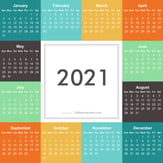
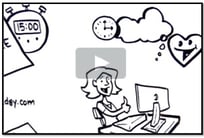




 Julie & Jenny, both very active and in leadership roles at their company and both having to deal with loads of e-mail messages constantly pouring into their inboxes, get together regularly not just to have friendly chats, but for something more drastic which they refer to as an e-mail "party"! Basically it is a get-together that is focused on processing their e-mail messages, however after creating the right atmosphere to make this a fun activity. "Fun?" You might ask. Well, keep on reading.
Julie & Jenny, both very active and in leadership roles at their company and both having to deal with loads of e-mail messages constantly pouring into their inboxes, get together regularly not just to have friendly chats, but for something more drastic which they refer to as an e-mail "party"! Basically it is a get-together that is focused on processing their e-mail messages, however after creating the right atmosphere to make this a fun activity. "Fun?" You might ask. Well, keep on reading.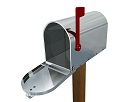
 Brian Solis & Deirdre Breakenridge in their book
Brian Solis & Deirdre Breakenridge in their book 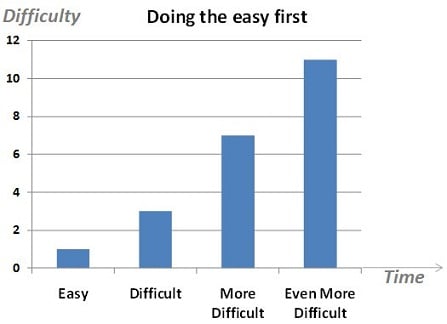
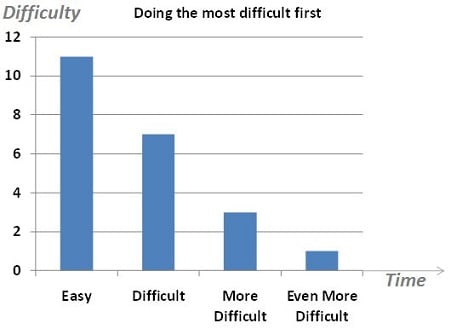
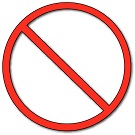 Now that we have talked about
Now that we have talked about 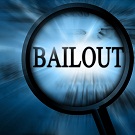 I am not going to leave this
I am not going to leave this How about starting 2010 differently? Starting it free of to-do lists. Yes, I said it. Free of to-do lists. Imagine what this would be like. It would be like a to-do list bailout. After all, everyone is doing it, from car companies, to banks, to real estate developers, to governments. So why not you and me?
How about starting 2010 differently? Starting it free of to-do lists. Yes, I said it. Free of to-do lists. Imagine what this would be like. It would be like a to-do list bailout. After all, everyone is doing it, from car companies, to banks, to real estate developers, to governments. So why not you and me?

 In the years I spent in the software industry, one thing I learned (sometimes the hard way) is that estimating how long things take is not easy. We often asked our development and marketing teams how long it would take to perform certain task or implement certain features, and sometimes we got ambitious estimates, with actual delivery dates ending up being several folds later than expected, and other times we got heavily "sandbagged" answers, leading to not taking on these projects, and therefore missed windows of opportunities.
In the years I spent in the software industry, one thing I learned (sometimes the hard way) is that estimating how long things take is not easy. We often asked our development and marketing teams how long it would take to perform certain task or implement certain features, and sometimes we got ambitious estimates, with actual delivery dates ending up being several folds later than expected, and other times we got heavily "sandbagged" answers, leading to not taking on these projects, and therefore missed windows of opportunities.
